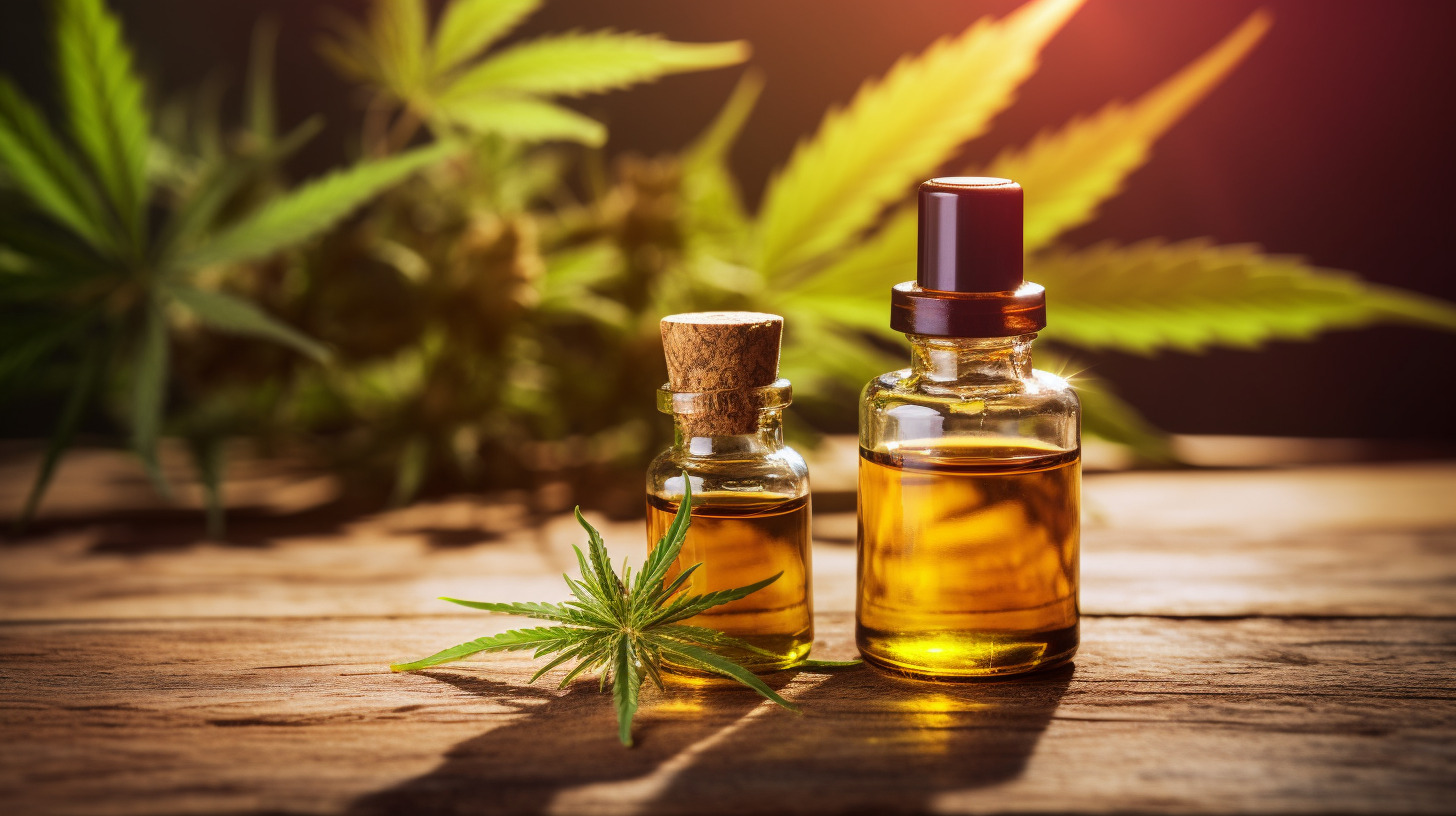
What Is CBG Oil?
If you’re looking for a comprehensive, natural solution to tackle inflammation and its debilitating effects, you’re in the right place. Welcome to the new era
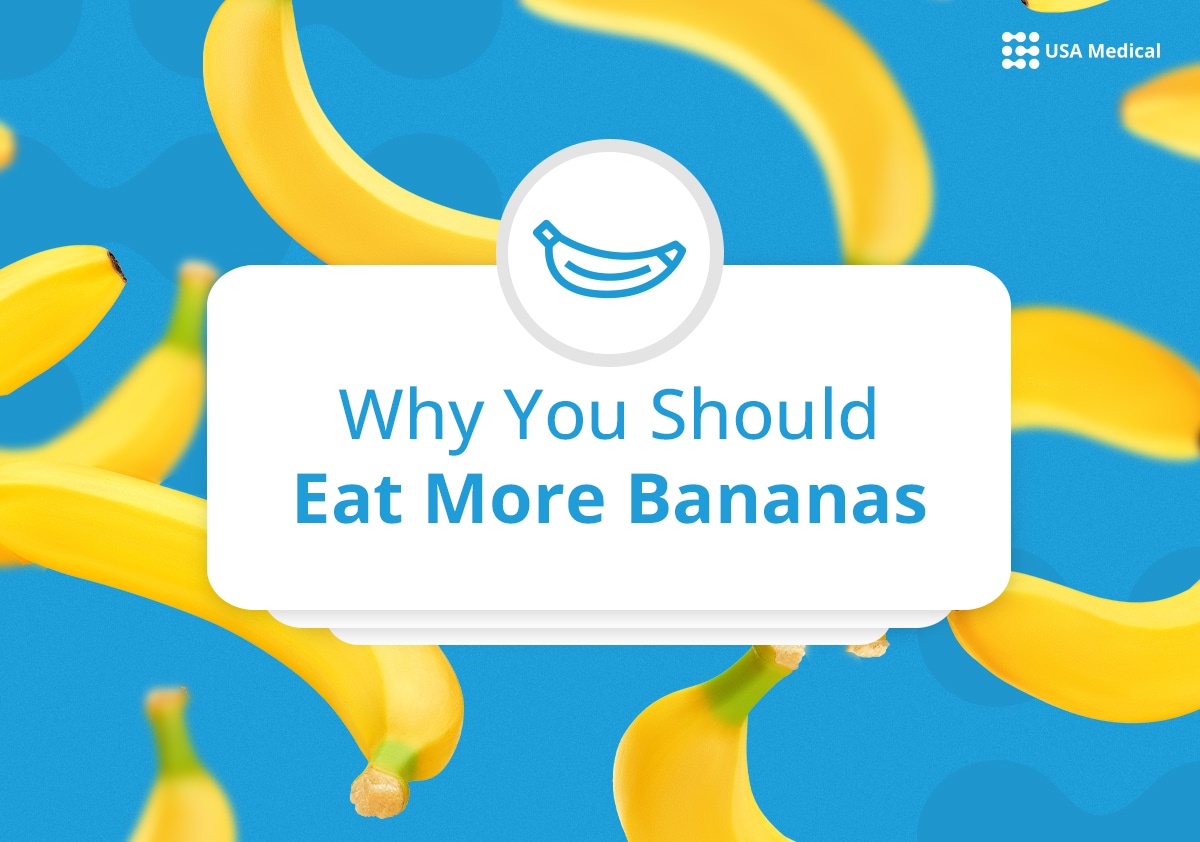
Opinion by Jake Crossman
Bananas have been in use for centuries dating back to ancient times, our early ancestors have been growing and using the incredible benefits of bananas for centuries. So it makes sense why you should eat more bananas.
Other than the fact that bananas taste great and can be paired with a variety of different foods – they are a massive wealth of vitamins, minerals, and nutrients that can aid your body in hundreds of ways.
As far as superfoods go bananas rank up at the top of the list. Let’s break down why you should eat more bananas, and how this will positively impact your overall health.
The scientific name for a banana is Musa. Because bananas come from the Musaceae family of tropical plants. In some medical reports, scientists state that bananas were actually the very first superfood. As bananas began to become more global through trade routes, many people discovered the incredible properties of bananas and the many different uses they have both in the world of food and for your own health.
There are currently four types of common banana – Plantain, Red Banana, Lady Finger, and Banana. All of these types of bananas are packed with minerals and nutrients but are all used in different ways.
Your standard yellow banana is considered within the world of food to be a dessert dish. These are typically sweeter and can be paired with other sweets. Plantain is a less sweet and more solid form of Musa and is primarily used just for cooking. A red banana is short, plump, and soft – they are also considered a dessert banana. Finally, a lady’s finger is a banana that is thin and short and eaten as a dessert.
All of these different types of bananas have one thing in common; they are fantastic sources of vitamins and minerals. Packed into every banana is an extensive list of important compounds such as:
These are all crucial to the high-level functioning our bodies are capable of doing. Eating bananas is more for your health than it is about flavor. In a study done by Harvard Health, they break down what you are getting every time you eat a delicious musa fruit.
Other than the fact that bananas taste great they are incredible for your body. As we just went over all of the good things that are in bananas, what do they actually do for you?
Let’s look at how some of these different vitamins and minerals in bananas can help you, specifically, lead a healthier life and why you should eat more bananas every day.
Bananas contain extremely high amounts of dopamine in both the pulp and peel. Dopamine is a neurotransmitter in your brain that interacts with pleasure centers to create motivation, happiness, and satisfaction. The dopamine levels in a banana can range anywhere from 80 to 570 milligrams. This is another reason that eating more bananas is not only for taste but it will literally make you happier.
Developing research on the microbiomes inside our guts tell us that pre and postbiotics play a huge factor in gut health which in turn affects the rest of the body in either a positive or negative way. Prebiotics are fibers that are found in foods like bananas that provide your gut with good bacteria to help aid in digestion. Bananas are chalk full of prebiotics that are very helpful to your body. Probiotics are the actual living microbes that live in your gut that strengthen the gut lining and overall health. A lot of probiotics are found in fermented foods such as kefir, yogurt and you guessed it – bananas.
Magnesium is an extraordinary mineral that your body needs to function at the highest level. Magnesium and potassium are linked to improving sleep, reducing anxiety, and strengthening your body’s immune response. On top of that bananas are packed full of vitamin B six which is part of the essential B vitamin group. B vitamins are in large part an aid to mental and cognitive health as well as immune health.
Fiber is a great prebiotic for digestive health and weight loss due to the properties it has that interact with food in your body. Eating fiber can help to break down food in your body and solidify it so you have a healthy stool. Fiber is an incredible dietary supplement for those who struggle with digestive issues such as IBS. Eating bananas allows your body to process digestion in a much smoother way.
Vitamin C is an essential nutrient that is present in all bananas. Vitamin C can be found in a variety of different fruits and is diagnosed to those who suffer from scurvy. Vitamin C is also important for skin health and tissue growth as it promotes the formation of collagen. It helps your body to form blood vessels and improves bone strength (mayoclinic).
Athletes will eat bananas during a game or after the game to prevent muscle cramping, this comes from the magnesium, calcium, and potassium that is the fruit. When your muscles cramp up your body is saying that it is dehydrated or you have overworked your muscles. Very fast cramp relief can come from eating something like a banana that will rehydrate and ease tension in your muscles.
Bananas are also a great help to cardiovascular health and regulating blood pressure due to potassiums electrical charges and their ability to store water.
Again, this abundance of potassium is rare to find organically without taking supplements. The fact that bananas can provide so much to your body in just one sitting is what truly makes it such a superfood to have in your diet.
Digestive health is one of the main benefits of eating any kind of banana due to how it helps process and break down food. Bananas are part of something called the BRAT (bananas, rice, applesauce, and toast) diet that is prescribed to those suffering from digestive issues.
The high fiber content found in bananas can be used to fight things such as Crohn’s disease, irritable bowel syndrome (IBS), and antibiotic induced digestive problems (HarvardHealth). This high fiber content will promote the proper breakdown of stool in your body, and eliminate any issues related to digestion.
While there is limited empirical evidence on this topic there have been several studies done that also iterate how bananas are responsible for weight loss and keeping weight off. There is a very strong link between eating a lot of fruit and staying thin. This is most likely linked to the lack of artificial sweeteners and sugars that are in processed foods.
Overall bananas are an excellent source of vitamins, minerals, and a plethora of other healthy substances. The health benefits of eating bananas every day are clearly present through research and testing.
The standard for being a superfood is high and bananas clearly reign supreme in this category. On top of being delicious, even the skin of a banana is useful for cooking or storing meats and cheeses as the skin acts as a natural preservative. Thinking about all of these things combined I see hundreds of reasons why you should eat more bananas every day.
So get peeling!
Works Cited
“Vitamin C.” Mayo Clinic, Mayo Foundation for Medical Education and Research, 17 Nov. 2020, https://www.mayoclinic.org/drugs-supplements-vitamin-c/art-20363932.
Hsph.harvard.edu, https://www.hsph.harvard.edu/nutritionsource/food-features/bananas/.
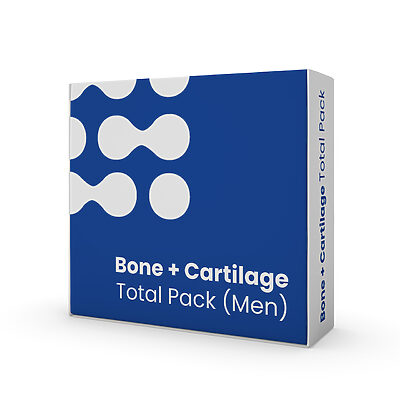
In stock | Free shipping
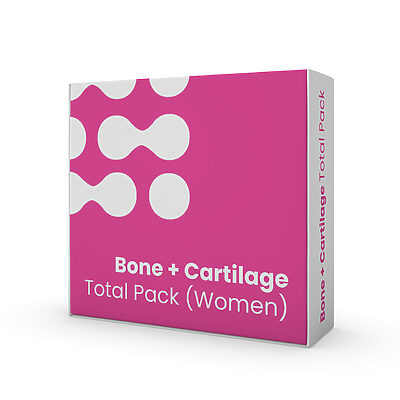
In stock | Free shipping
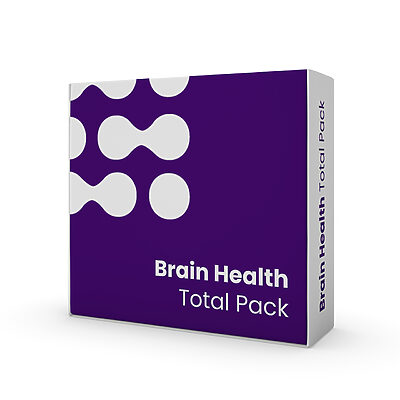
In stock | Free shipping
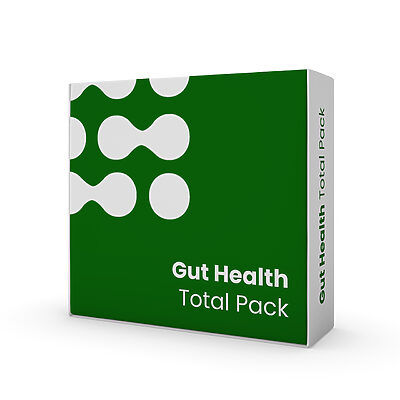
In stock | Free shipping
These statements have not been evaluated by the Food and Drug Administration. These products/services are not intended to diagnose, treat, cure, or prevent any disease.

If you’re looking for a comprehensive, natural solution to tackle inflammation and its debilitating effects, you’re in the right place. Welcome to the new era
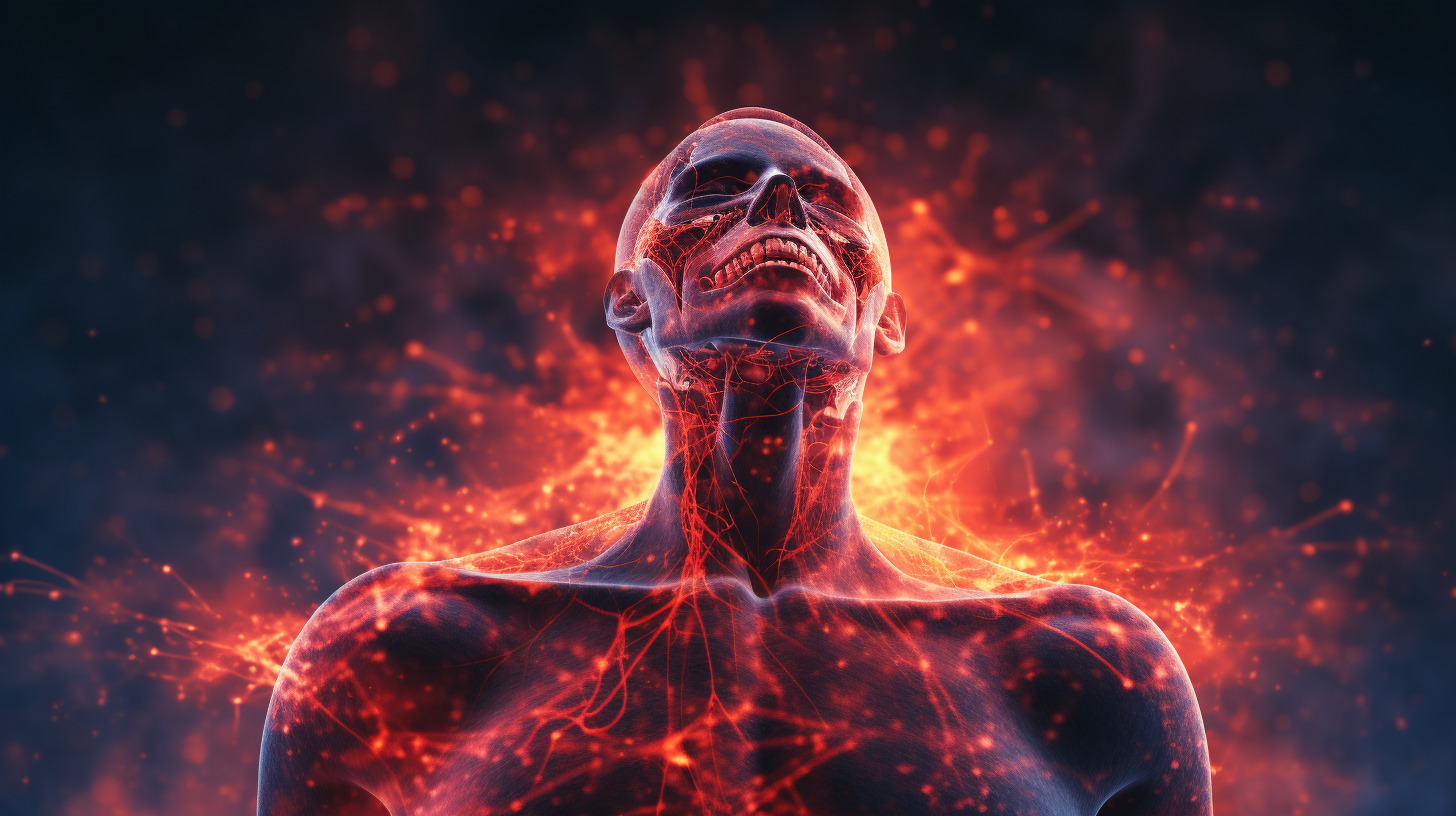
The Invisible Enemy Within You wake up feeling groggy, your joints ache, and that old neck pain seems to have returned. No, it’s not just

CBG oil has been creating waves in the health and wellness industry, and for good reasons. But with any health trend, it’s crucial to separate
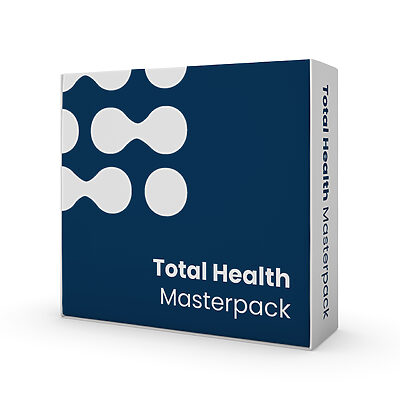
In stock | Free shipping
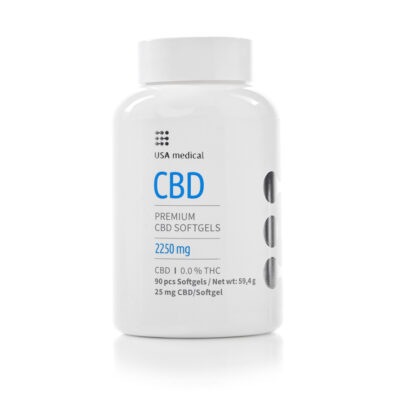
In stock | Free shipping
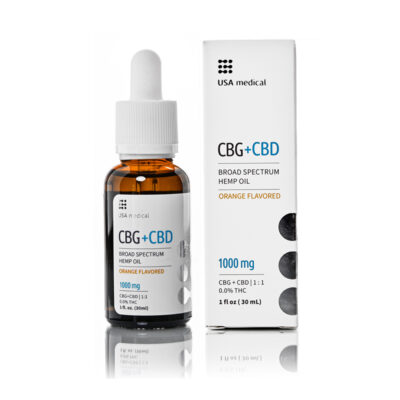
In stock | Free shipping
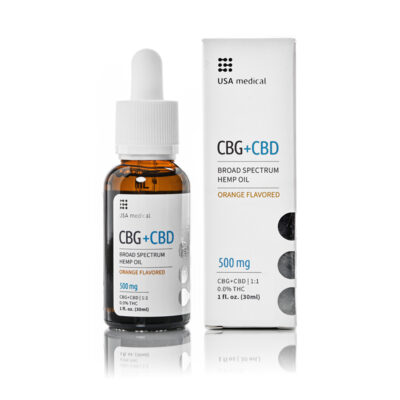
In stock | Free shipping
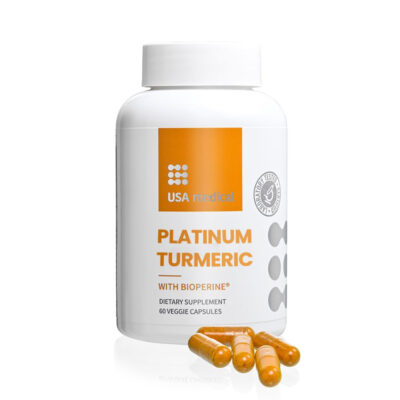
In stock | Free shipping
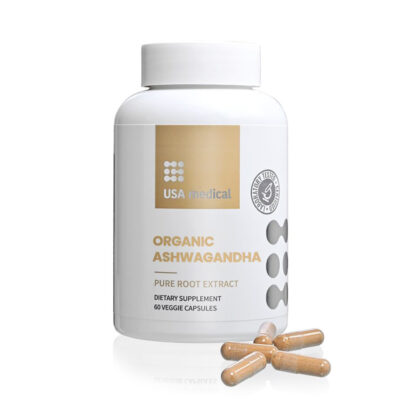
In stock | Free shipping
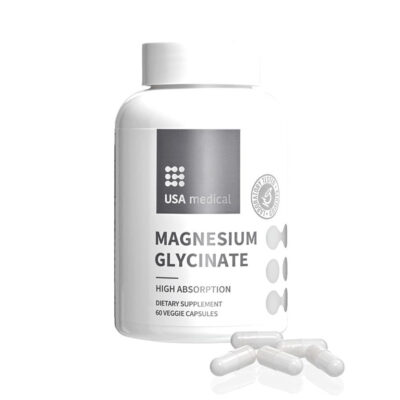
In stock | Free shipping

In stock | Free shipping

In stock | Free shipping

In stock | Free shipping

In stock | Free shipping
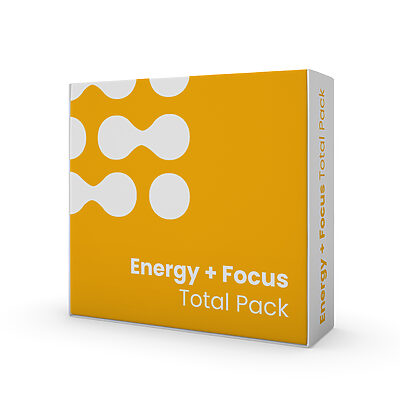
In stock | Free shipping
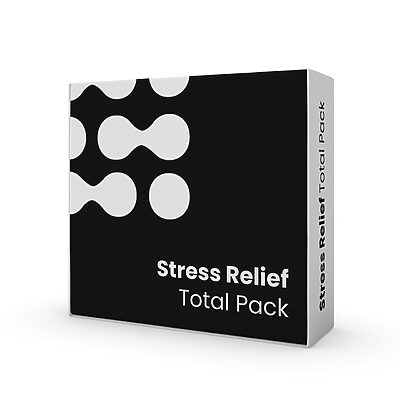
In stock | Free shipping
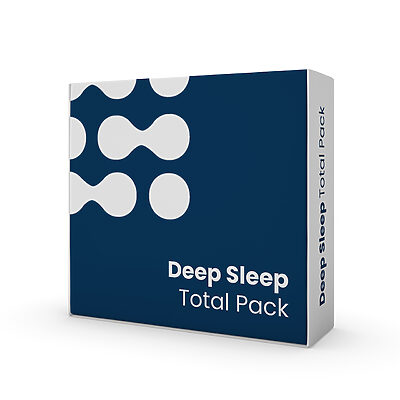
In stock | Free shipping
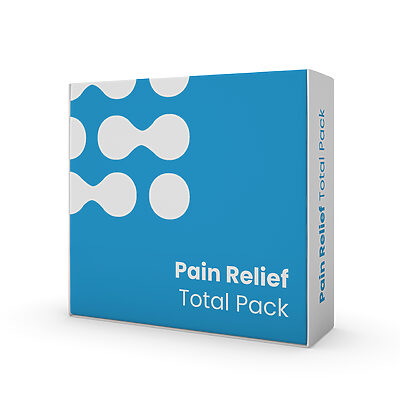
In stock | Free shipping